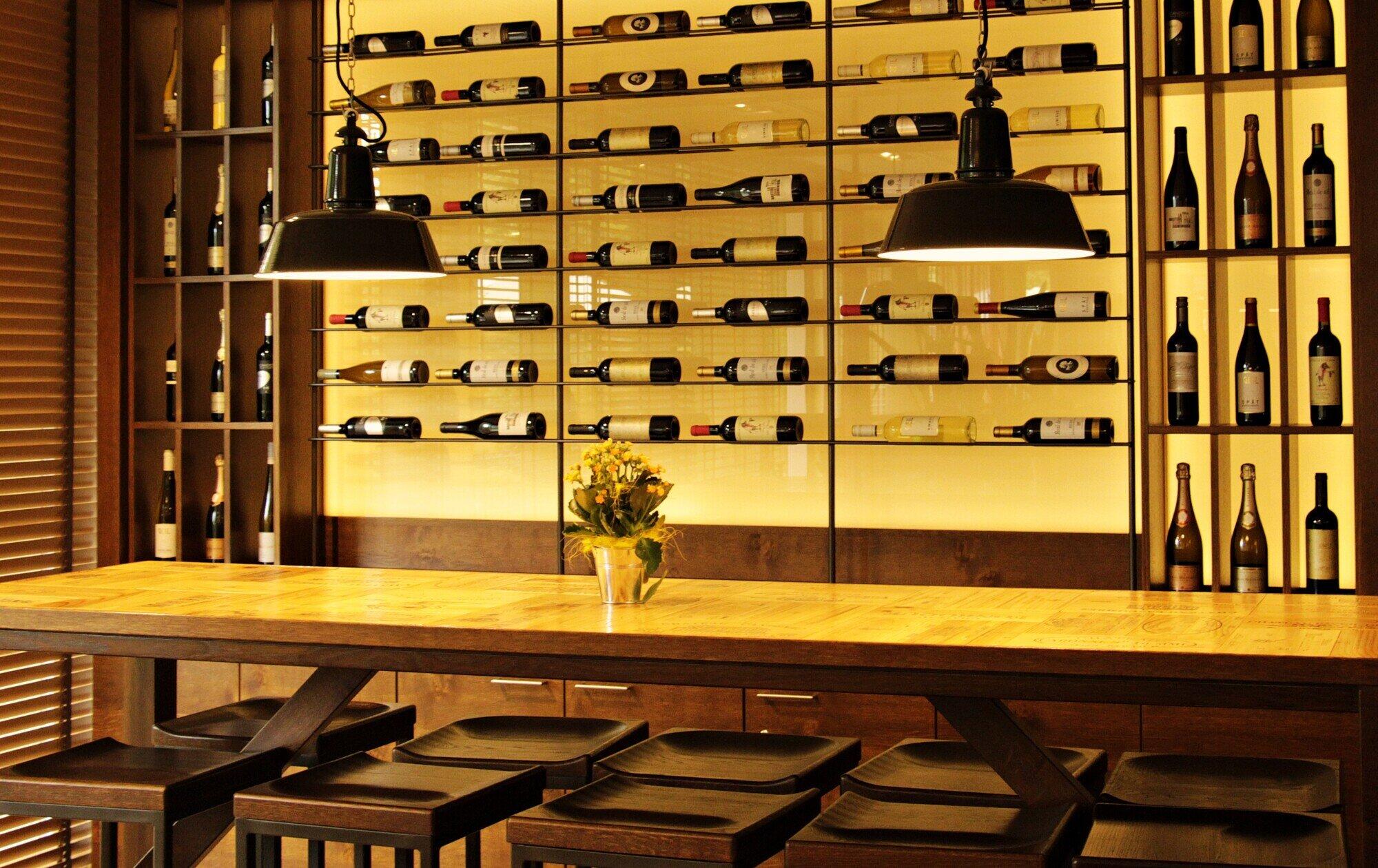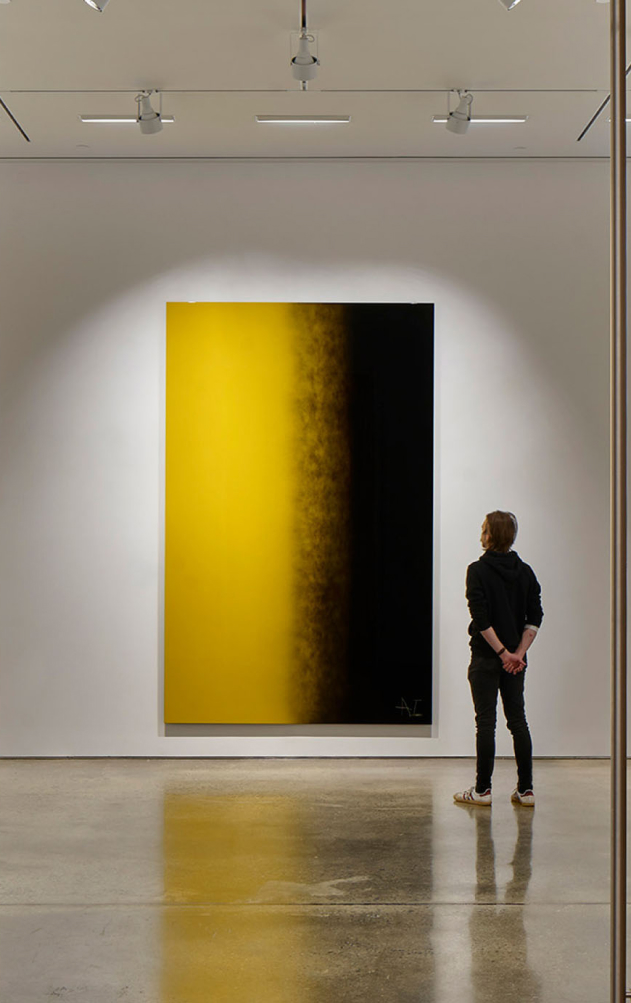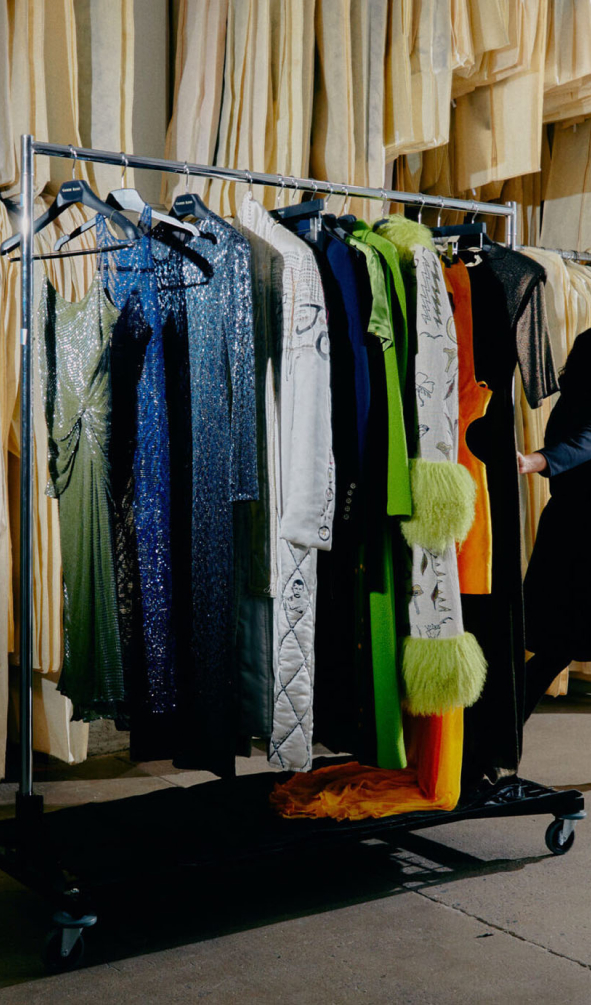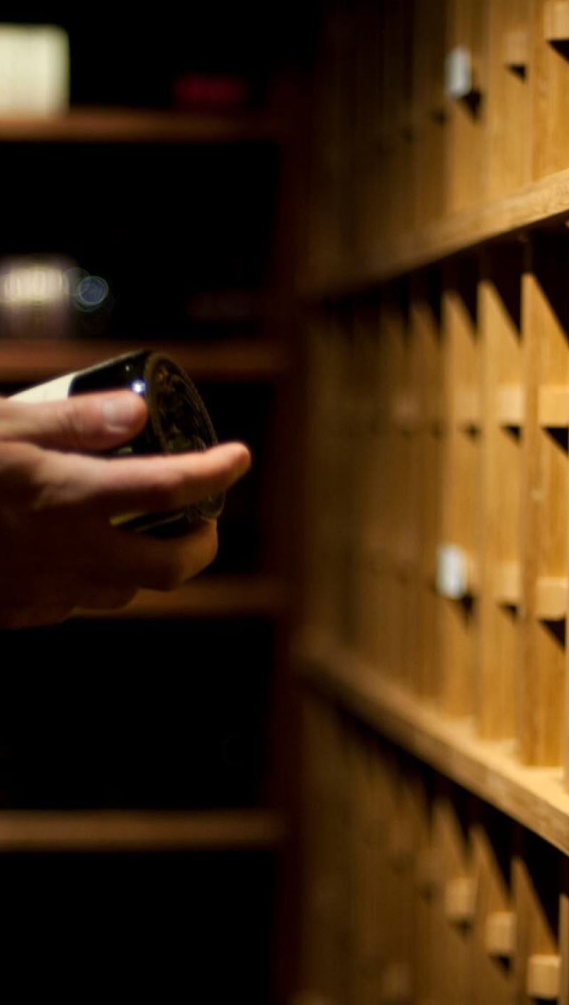
How do you know if your wine is being stored in the right conditions? Many collectors assume all cellars offer the same protection, but the truth is, wine cellar management varies greatly in quality and precision. Poor storage environments can compromise flavor, value, and aging potential.
Today, we’re taking a closer look at why not all wine cellars are created equal. And what separates a basic setup from a world-class storage solution.
The Purpose of a Wine Cellar
A wine cellar isn’t just a place to store bottles. It serves a much bigger role for collectors and enthusiasts who care about taste, quality, and long-term value. There are three primary reasons people invest in a proper wine cellar:
- Wine collection care over time
- Fine wine preservation for aging
- Protecting financial and emotional investments
Wine Collection Care Over Time
Wines aren’t all meant to be consumed right away. Many improve with age, but only if they’re stored correctly. A wine cellar helps keep bottles safe from damage and changes in the environment.
Without this protection, labels can fade, corks can dry out, and wine can spoil. For collectors, keeping the condition of each bottle consistent is one of the most important goals.
Fine Wine Preservation for Aging
Wines that are meant to age need specific conditions. Small shifts in temperature or humidity can change how the wine develops.
A proper cellar slows down the aging process so flavors can grow more complex over time. Without this, wine may age too fast or lose its character altogether.
Protecting Financial and Emotional Investments
Fine wine is more than a hobby for many people. It’s a personal and often expensive investment. Some bottles are worth thousands of dollars, and others have sentimental value.
A good wine cellar helps protect both kinds of value: financial and emotional. Whether someone buys wine for resale or for sharing with family, protecting that collection matters.
What Defines Optimal Cellar Conditions
The right environment can make or break a wine collection. Even a well-made bottle can spoil if it isn’t stored under the right conditions. Four main factors define optimal cellar conditions:
- Temperature control
- Humidity balance
- Protection from light
- Vibration reduction
Temperature Control
Wine needs a stable temperature to age properly. Fluctuations can cause the liquid to expand and contract, which puts stress on the cork. Over time, this can let air seep in and ruin the wine.
The ideal temperature for most wine falls between 55 and 58 degrees Fahrenheit. Anything too warm can speed up aging. Anything too cold can halt the process or even freeze the wine.
Humidity Balance
Humidity plays a big role in keeping the cork healthy. If the air is too dry, corks can shrink and crack.
It creates openings that let oxygen enter the bottle. If the air is too damp, it can lead to mold or damage to labels. A proper cellar should maintain humidity between 60 and 70 percent to help keep wine stable over time.
Protection From Light
Light, especially sunlight or harsh artificial lighting, can change how wine tastes. It can break down compounds in the wine and cause off-flavors to form.
A dark space helps keep the wine’s chemical balance steady. Most professional storage options avoid clear lighting and use dim or indirect light to protect bottles.
Vibration Reduction
Vibration might seem small, but over time, it can disturb the sediment in wine. It affects clarity and flavor. A proper cellar stays quiet and still. It shouldn’t be located near appliances or machines that shake or rumble.
The Importance of Proper Wine Cellar Management
Wine cellar management is more than just placing bottles on shelves. It includes a wide range of decisions and tasks that affect how wine is stored, tracked, and protected.
There are four key parts to strong wine cellar management:
- Detailed inventory systems
- Safe and consistent bottle rotation
- Controlled access and security
- Professional handling and movement
Detailed Inventory Systems
A good wine cellar should always have a clear and current record of every bottle. It includes vintage, producer, varietal, region, and where the bottle is located.
Without this level of tracking, it’s easy for bottles to go missing or be forgotten. An organized inventory helps collectors find what they need quickly and avoid mistakes like opening a bottle too early or too late. It also helps with insurance and future resale value.
Safe And Consistent Bottle Rotation
Wine isn’t static. Some bottles are ready sooner than others. A thoughtful rotation process helps make sure that each bottle is opened at the right time. This helps collectors get the best taste from their wines.
Without rotation, bottles can sit too long and decline in quality. Smart wine cellar management takes timing into account and prevents waste.
Controlled Access and Security
Wine collections can hold a lot of value. That’s why a secure system matters. Only trusted staff or owners should have access to the cellar.
Locked spaces, camera systems, and digital logs can help track activity. This lowers the risk of theft or damage and brings peace of mind to collectors.
Professional Handling and Movement
Wine should be handled with care. Moving bottles quickly or without support can lead to cracks, spills, or changes in the wine’s balance.
Proper wine cellar management includes trained staff who understand how to move and store wine gently. This kind of attention helps protect both the wine and its packaging.
Wine Collection Care
Proper wine cellar management isn’t just about storage. It’s about protecting the value, taste, and future of your wine. From climate control to organization, each detail matters.
Choosing the right environment means your collection gets the care it deserves. Not all cellars offer that level of commitment or quality.
At UOVO Wine, we serve collectors across the U.S. and abroad with expert storage, transportation, and cellar management services. We treat every wine collection as priceless, offering secure, climate-controlled spaces designed to preserve quality over time. Our facilities and team help ensure your wine ages just as it should, whether they are stored at one of our facilities or at your own home.
Get in touch today to find out how we can help with your wine storage needs!




